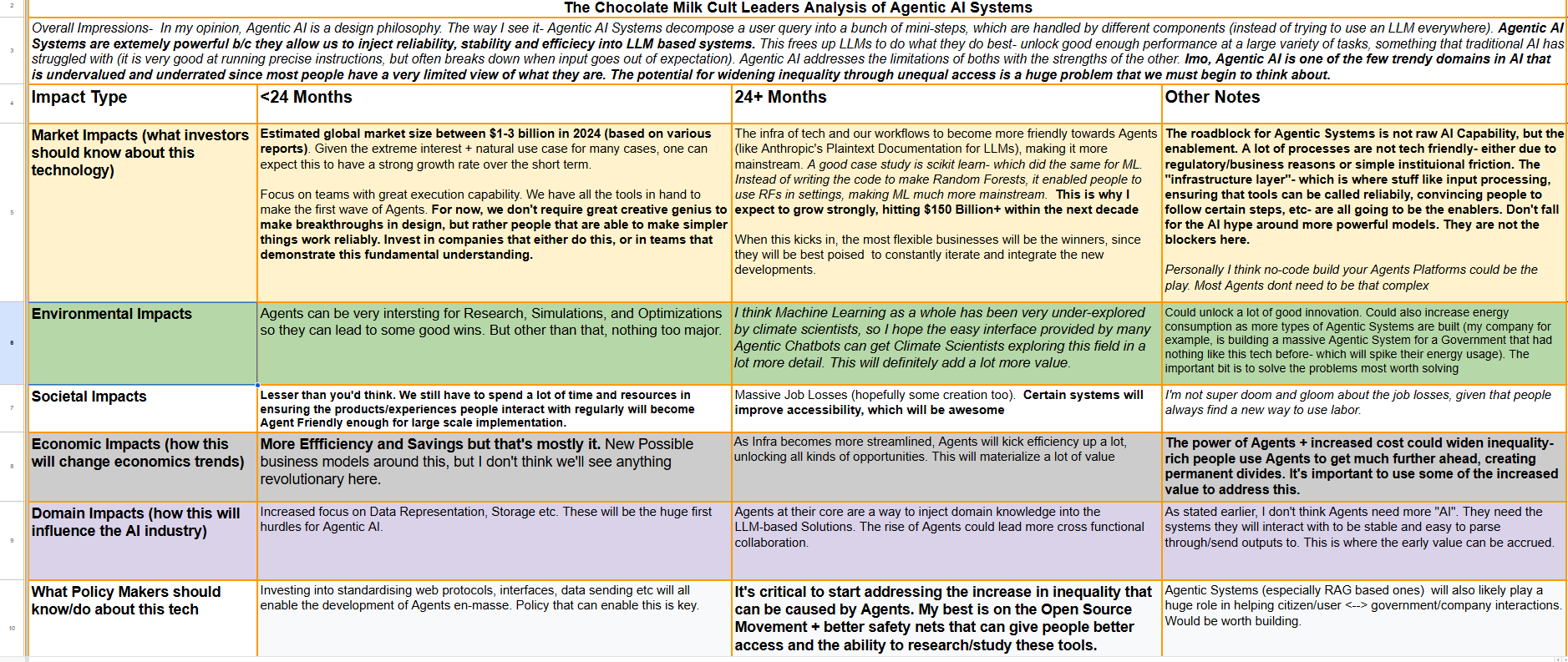Health Or Wealth? What Retirees Prioritize May Surprise You

Despite the assumed importance of health in retirement, nearly two-thirds of Americans appear to have other priorities. A recent poll of 1,000 retirement-age individuals conducted by 55 Places reveals 64% of Americans don’t consider health the most important factor in their retirement planning.
This startling finding could point to a mismatch in priorities for people of retirement age, considering that health and wellness are indisputably vital for maintaining mobility and vigor throughout retirement.
According to the National Council on Aging, only 5% of people older than age 60 have no medical conditions that require treatment, while nearly 80% manage two or more medical conditions. Given these statistics, health and wellness should be given precedence in retirement plans.
Chronic medical conditions not only lead to discomfort and reduced quality of life, but they can also blow a hole in retirees’ financial plans. Paying for added health insurance costs, hospital fees, and medication can significantly diminish their wealth and undermine financial stability during retirement.
Finance and health compete closely, each given almost equal importance among the survey participants. 36% prioritize finances and 33% prioritize health.
Should both be given equal importance? How should retirees strategically balance these two top values? Financial advisors weigh in with their take on the issue.
Think Again
Despite their expertise in money matters, many financial advisors view retirees’ health as just as important as their finances.
“These survey findings are a wake-up call,” says Jorey Bernstein, founder of Jorey Bernstein Private Wealth Management. “They point to the critical importance of factoring healthcare costs into retirement planning.”
“We have a national health emergency — why do you think RFK Jr. made health the most important plank of his policy platform in his campaign?” asks John Gugle, founder of Gugle Wealth Advisory. “Obesity, cancer, and diabetes are killing us … we are sicker than ever, and many retirees do not know how to break this evil cycle.”
Bernstein says we must look beyond the dollars and cents and guide clients toward a holistic retirement strategy that addresses both their immediate desires and long-term needs, including healthcare.
“As advisors, we need to help our clients understand that prioritizing health and financial security isn’t just about quality of life — it’s about preserving their hard-earned savings and ensuring they can enjoy their retirement years to the fullest.”
Numerous financial gurus espouse the importance of health over wealth.
For instance, in the book Die with Zero, author Bill Perkins says health declines with age and emphasizes enjoying life experiences while still physically mobile and strong. He argues that, after a certain point, no amount of money can buy more meaningful experiences. Declining health limits what one can do, so at a certain age, health contributes to fulfillment more than wealth.
Another similar thought leader is Tim Ferriss. In his book The 4-Hour Workweek, Ferriss suggests that while wealth provides comfort and opportunities, health truly enables a person to live life to the fullest. He emphasizes that time and energy are vital and advocates for a lifestyle prioritizing health, well-being, and personal freedom over wealth accumulation.
Gender Difference
In the 55 Places survey, only one percentage point separated men’s and women’s otherwise consistent attitudes toward health.
Intriguingly, the widest divergence between genders related to money matters. The study revealed 36% of women named “financial security” their top retirement concern, and only 29% of men did — a seven percentage point gap.
“Women live longer than men, so they correctly prioritize financial security more than men,” says Gugle. “Men are more comfortable with risk-taking and have an overconfidence bias, which can get them into trouble.
“Women are more risk averse, and that benefits them when the economy heads into recession. Women do a better job of preparing for the worst and hoping for the best. That is why more of them prioritize financial security.”
Dusty Social Calendars
The survey also highlighted retirees’ worrying tendency to neglect their social lives after work. Only 13% of Americans over 55 prioritize personal fulfillment and relationships in retirement. This could partly explain why 28% of retirees experience depression.
“The happiest people I work with make personal fulfillment their mission in retirement,” says Gugle. “They also prioritize service work in their communities, and by giving back to others, they feel more connected to their network of friends. That helps stave off loneliness and create a sense of purpose, which leads to greater fulfillment.”
Gugle says his 81-year-old mother still works as a day spa receptionist, which adds to her wellbeing.
Friends facilitate a more fun and fulfilling life and a longer one. Maintaining long and deep friendships can promote longevity.
The Harvard Study of Adult Development, one of the longest-running studies on happiness and health, shows long-lasting and deep friendships strongly predict longevity. According to the study, people with satisfying relationships at age 50 tend to be healthier at age 80. Solid connections protect against mental and physical decline more effectively than other factors like socioeconomic status or genetics.
“Most retirees expect to maintain friendships from their working days, assuming these will continue,” says Paul A. Caylor, founder and chief financial strategist at Prudent Wealth. “However, many are less prepared for retirement than they think. I often ask couples, ‘It’s your first day of retirement … now what?’ many, especially men, struggle to answer, lacking hobbies or social activities outside their marriage.”
Balancing health, wealth, and other priorities can be challenging for retirees. While financial security is crucial, prioritizing health is equally vital to enjoying retirement. With a more holistic approach to retirement planning addressing both health and economic stability, retirees can enhance their quality of life and safeguard their long-term well-being.
This article was produced by Media Decision and syndicated by Wealth of Geeks.


